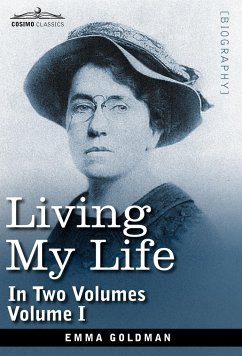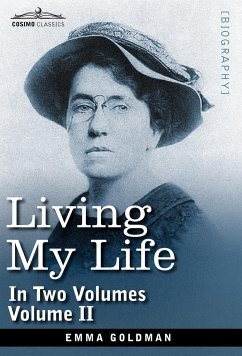Charles Darwin called him "the greatest traveling scientist who ever lived." Thomas Jefferson considered him "the most important scientist whom I have met." He was German naturalist and explorer Alexander von Humboldt (1769-1859), and when he died, the entire Western world mourned the loss of one of the most notable scientists and popularizers of science of his day. His five-volume masterwork, Kosmos, sought to unify humanity's understanding of the natural world in the mid 19th century, and brought a modern understanding of science to lay audiences for the first time. This was the first comprehensive biography of the man and his work, written to celebrate the centenary of his birth by German authors ALFRED DOVE (1844-1916), JULIUS LÖWENBERG (1800-1893), and ROBERT AVÉ-LALLEMANT (1812-1884)-the latter himself an explorer-and first published in English 1873. Though its subject was a private man about whom some things shall never be known-he burned much of his personal correspondence-these two volumes draw on firsthand memories, von Humboldt's writings, and other primary sources to create a dazzlingly engrossing portrait of the man who built the foundations of modern science. Volume I covers von Humboldt's youth and young adulthood-from the significance of his name to his schooling and university years to his first employment in the mining industry-through his first travels in Russia and the New World, including his expedition to the Orinoco, his visit to Cuba, and his explorations in Mexico.
Hinweis: Dieser Artikel kann nur an eine deutsche Lieferadresse ausgeliefert werden.
Hinweis: Dieser Artikel kann nur an eine deutsche Lieferadresse ausgeliefert werden.








